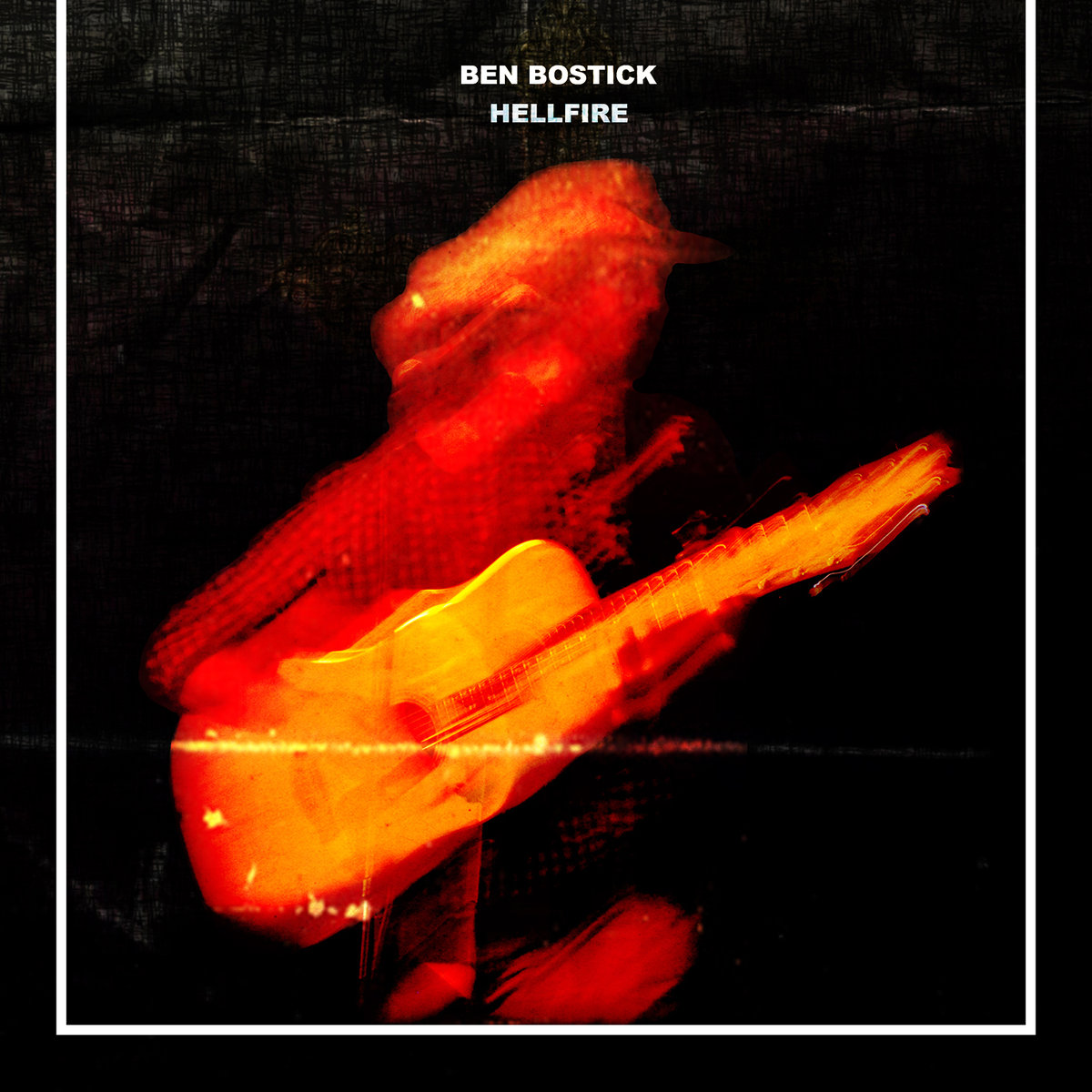Los Dos
Mule Kick Records
2020
As with most of us, the circumstances of the Coronavirus pandemic prompted Nocona's husband and wife team, Chris and Adrienne Isom, to make big changes to their lives and to reassess the way they do things. Their new album, released on Mule Kick Records on 10th July, was initially slated for a later release date.
Mule Kick was originally created as a production company to support a film being made by Adrienne about the legendary LA nightclub, The Palomino. In its day, the North Hollywood country music hot spot hosted sets from legends such as The Everly Brothers, Johnny Cash, Buck Owens, Patsy Cline and Willie Nelson, as well as proving fertile ground for the next generation of country rockers, artists like Delaney Bramlett, The Flying Burrito Brothers, Linda Ronstadt, Jerry Jeff Walker and Hoyt Axton. Jerry Lee Lewis used to play there at least once a year, right up until the late 80's, and even Elvis Presley once turned up to perform an impromptu set. When California went into quarantine lockdown, filming, of course had to be put on hold, but it's a documentary I am very much looking forward to seeing when it can finally be completed.
Meanwhile, Nocona had the music for Los Dos already recorded, in the can, and the decision was made to focus on releasing the album first. You'll be glad they did. When you listen to Los Dos and the first track, Stabby Mike, hits you right between the ears, you might wonder why Whiskey Preachin would review a record like this. The sound of the opening number is certainly more akin to indie punk trailblazers The Pixies, or maybe the lesser known Dr Dog, than the other albums we have reviewed so far. Just hold your horses a minute, there's definitely something of the high lonesome in that chorus and, as you ride Justin Smith's steam-train drums on the bluegrassy second track, Chasing Your Shadow, all the way to the chugging Allmans/Black Crowes groove of Free Throw, you know the party has well and truly started. You're deep in Whiskey Preachin country now, and this train ride gets real crazy from here on in. The blistering Chester, a take-no-prisoners frenzy, expands of the Exile-era Stones template, all rip-roaring riffs, slippery slide guitar and Elan Glasser's screaming harmonica, making for an absolute belter of a tune. In fact, we recently opened one of our Whiskey Preachin radio shows with it, we love it that much.
Just when you think you know where you are with Los Dos, the Americana roots sound is suddenly infused with some very English influences on Tabernacle Woes, bringing the kind of Bert Jansch/Nick Drake arpeggio guitar picking that Chicagoan Riley Walker has adapted so well. It's just a layer of flavour, though, that's added to the overall sound, and one of several songs that comes with an almost cinematic feel. With the delicate flourishes of Xander Hitzig's fiddle accompaniment, I could certainly imagine Tabernacle Woes sound tracking many of the dark dystopian westerns I like so much. Never Come Back follows, with Chris Isom's vocals coming across like a pitched up Jagger, the lovely guitar and pedal steel lines really melding together to make this track. Post Apocalyptic Blues is co-written with album producer and New York amigo Jay Braun, and it keeps its tongue firmly in its cheek. Sometimes gallows humour is all we have left to get us through those hard times. Too Much To Lose follows, with its liquid bottleneck slide conjuring up images of the Burritos getting down with Mick Taylor. There's some frenzied piano from guest keyboardist Carl Byron and an indie influence coming through, this time courtesy of a vocal reminiscent of Supergrass frontman Gaz Coombes. Unseen Hand then opens up, bringing us more celluloid-invoking West Coast sounds, and maybe just a pinch of Fleetwood Mac. This track really creeps up on you, though, and before you know it you're slap bang in the middle of one of Nocona's super tight jams, hitting hard as Aerosmith once did in their magisterial 70's pomp. The dancing drums of Old Bones are then joined with atmospheric fiddle and ghostly harmonica as the band get deep into their groove again.
The whole album was recorded live in the Isom's garage ,and what a great sounding garage they have. With no need for the musicians to keep an eye on the studio clock, they really allowed themselves the time to get immersed deep inside the music, but they were astute enough to never let the jamming outstay it's welcome. Ace In The Hole feels like a fitting closer to the album, with the sweet vocal harmonies joining Chris' lead, coming across how Marc Bolan may have sounded if he had grown up in the Hollywood hills instead of east London.
For myriad reasons, the City of Angels looms large over this record, with its mix of grit and glamour. Although the country music roots run deep throughout Los Dos, there are so many diverse influences going on here it's a record that defies attempts to pin it down.
Michael Hosie








